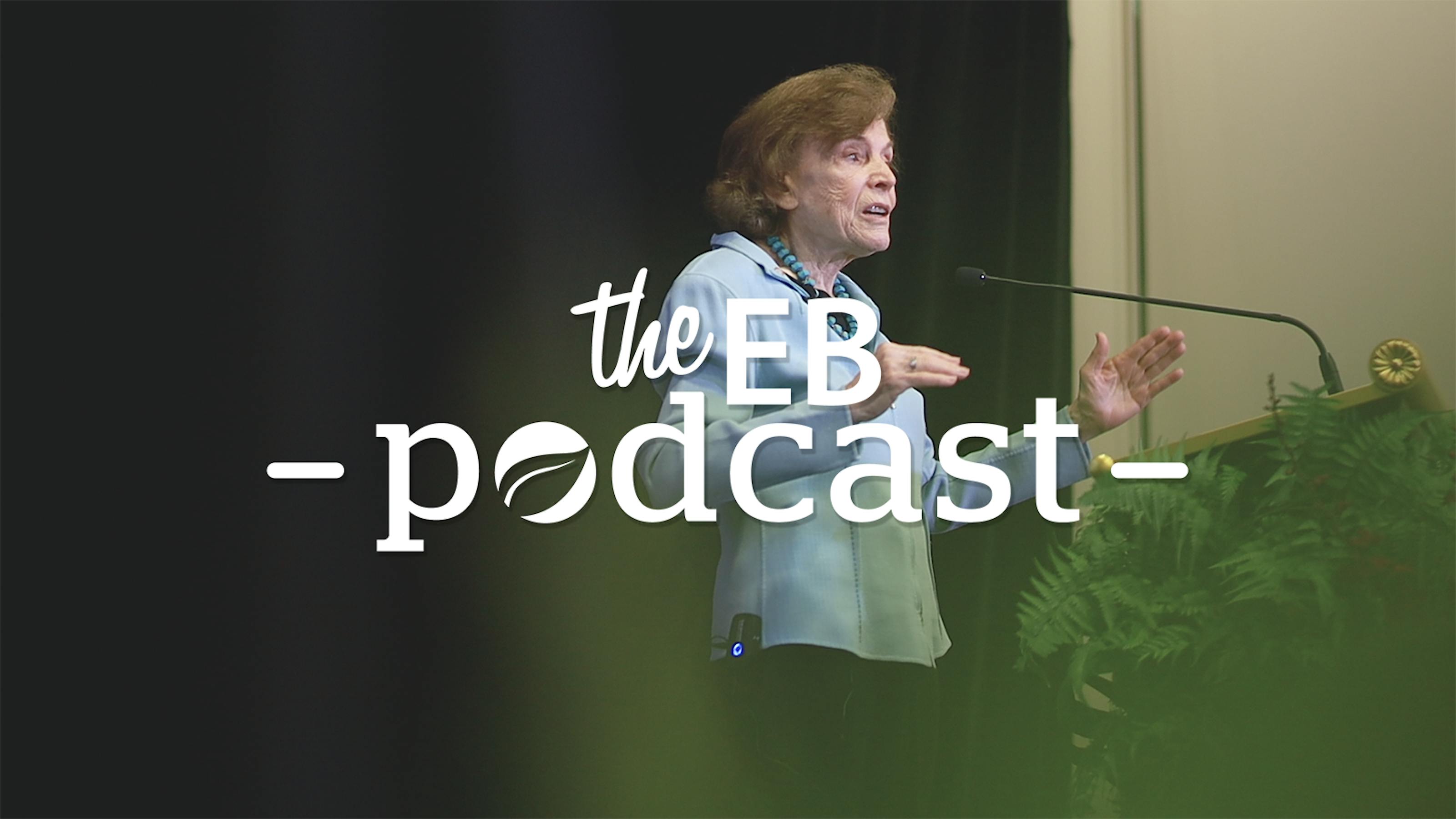From overfishing to pollution to the threats of deep sea mining, the oceans are at a dangerous tipping point, says oceanographer and marine biologist Dr Sylvia Earle.
While the climate crisis has climbed up global agendas, what is equally important is an unfolding ocean crisis that we must urgently address too, says Earle, 86.
Speaking to Eco-Business in a wide ranging interview to mark Earth Day recently, Earle — who is also known as ‘Queen of the Deep’ and ‘Her Deepness’ for her decades of advocacy for our oceans — makes a direct connection between healthy oceans and climate change.
Untuk melanjutkan mendengar, cukup daftar – gratis!
- Dapatkan berita terbaru, pekerjaan, acara, dan lainnya dengan Buletin Mingguan kami yang dikirimkan kepada Anda secara gratis.
- Akses gudang berita dan pandangan terbesar tentang topik keberlanjutan.
- Anda juga dapat mempublikasikan pekerjaan, acara, siaran pers, dan laporan penelitian Anda di sini!
Pelanggan buletin tidak harus memiliki akun situs web. Silakan mendaftar secara gratis untuk melanjutkan membaca!
Apart from regulating the climate, influencing global weather patterns, the oceans are also the world’s largest carbon sink. The ocean’s creatures, such as the blue whale, has an estimated US$2 million in carbon-locking value per whale.
While technology has helped improve the quality of life for mankind, it has also enabled the large-scale extraction of the Earth’s resources to a point where “what we’re taking is simply not sustainable”, she declares.
To make matters worse, upcoming plans for deep sea mining are severely threatening deep sea ecosystems.
“To get to these deep sea minerals means destroying the tree of life. So why would we even think of doing it?” She questions. “I don’t see the cost-benefit: There’s an illusion that they’re free goods out there just waiting to be captured.”
In this podcast, Earle, who has set numerous records for deep sea diving and was the first woman to serve as chief scientist of the US National Oceanic and Atmospheric Administration, speaks on:
- the link between oceans and our climate
- investing in good food choices
- the role of Asia in climate action
- the threats of deep sea mining
- her future vision and projects
Earle was in Singapore earlier this month to open a climate action exhibition “Change the Present. Save the Ocean” organised by City Developments Limited, the National Parks Board and Ocean Geographic held at the Singapore Botanic Gardens from now till August 2022.
Watch the video version of the interview here.




















